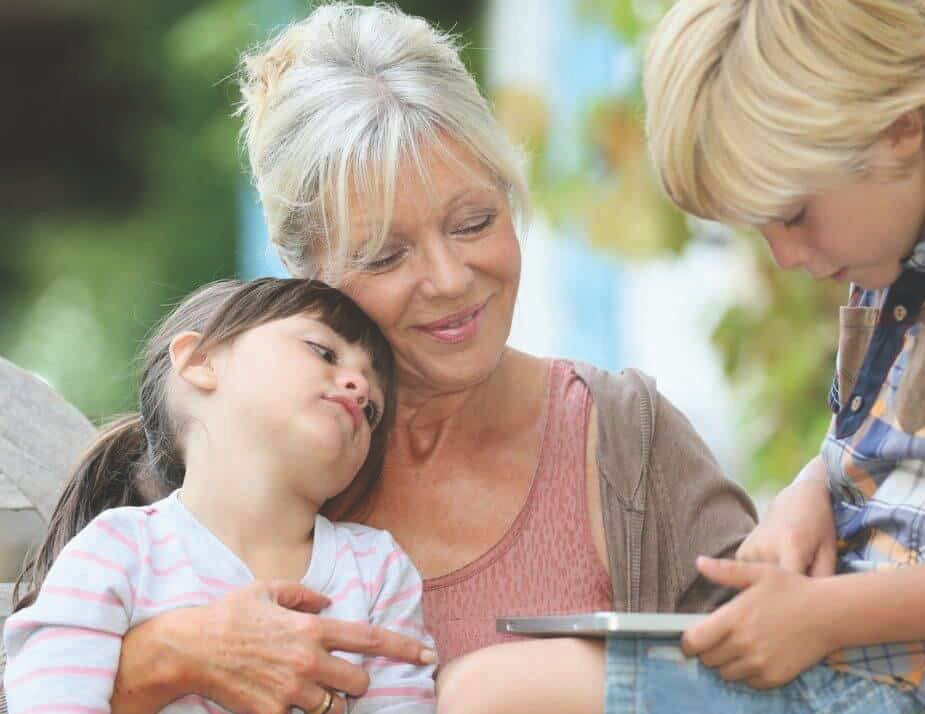 When I logged into the Zoom meeting on October 27, 2021, to complete my training for Kinship Foster care, I had so many questions about the experiences I was having and seemingly no one to ask at the time. Not 10 minutes into the class Laurie Tapozada gave her short speech and invited us all to join the Kinship Connections Peer Mentor Program. Her words resonated with me as she seemingly answered the questions I had all at once.
When I logged into the Zoom meeting on October 27, 2021, to complete my training for Kinship Foster care, I had so many questions about the experiences I was having and seemingly no one to ask at the time. Not 10 minutes into the class Laurie Tapozada gave her short speech and invited us all to join the Kinship Connections Peer Mentor Program. Her words resonated with me as she seemingly answered the questions I had all at once.I’m new to kinship care giving by definition, but not new to raising a child I didn’t bear as my own. My nephew, now 12 yrs. old, has been living with me since he was 5. As an infant, he also spent over a year living with my family. His mother is my sister. Her story is her own, but from my perspective, her lifelong battle with opioid addiction and mental health illness has become my lifelong battle to provide a stable and supportive home for her son. A private agreement of long-term childcare drafted with a notary stamp provided me with the privileges needed to give him all the resources he needed. That was until his mental health suffered, requiring multiple hospitalizations that ultimately lead to his need for residential mental health care.
By this time, I had tried several times to get the support I needed to push for legal guardianship but was met with one roadblock after another.
- DCYF didn’t find it in their jurisdiction to help, given that the private arrangement was adequate.
- Family court told me to get legal aid.
- Legal aid couldn’t help because the matter resided between two states.
- The probate court told me my private document was more than legal guardianship would give me.
That all came to a halt when (nephew) failed to meet the requirements to finish the CRAFT Program at Bradley Children’s Hospital, at which point they were suggesting DCYF involvement to place him in another long-term residential treatment facility. I was told that I had no signing rights and, therefore, the state would have to take temporary custody while they sorted out the details.
Thankfully, as DCYF was taking on our case, my nephew was able to successfully discharge from Bradley in patient and come home after over a year of treatment. The unfortunate side effect of this untimely involvement was that when I should have been able to focus on this very fragile child, I was deep into the ferocious process of licensing to be his “Kinship” caregiver.
Although the licensing worker was kind and easy to chat with, I found the 6-hour interview with 2-hour long follow-up calls to be extremely overwhelming. To make matters more difficult, the case worker involved in our case is not only difficult to reach, but he is as new to the system as I am. I found myself questioning everything, not just because I didn’t understand the process, but because the way the process worked seemed, at times, to be inadequate, insufficient, and unsettling. There were situations I felt needed to be addressed more quickly, and there were topics I felt needed to be handled with caution and care.
It has now been over a year since I signed myself up to step into a world completely foreign to me with a system that I’m still not confident with. My nephew has a long road ahead, and my prayer is that with sufficient help, he may be able to accept his future with me as his sole provider. Our case is moving to trial in the very near future, and my place as his “mom” may only be more permanent should his case be opened for adoption.
My experience is not much unlike so many others here who read my words… we all have made a personal sacrifice in the name of love. These children deserve a fighting chance. I had a fighting chance to give him because I found a peer mentor in Kinship Connections. Without Kinship Connections program, I wouldn’t have known my rights, I wouldn’t have known whom to ask about the processes that confuse me still. I wouldn’t have had my village of people who cared whether I succeeded. I’m grateful for that. Blessed, really, to have the support I need to get through these difficult times.

Recent Comments